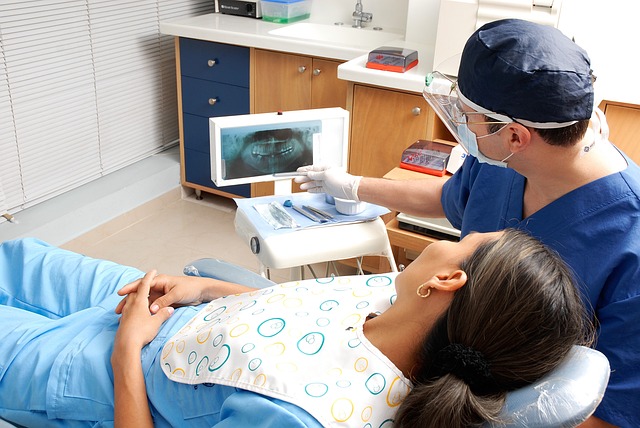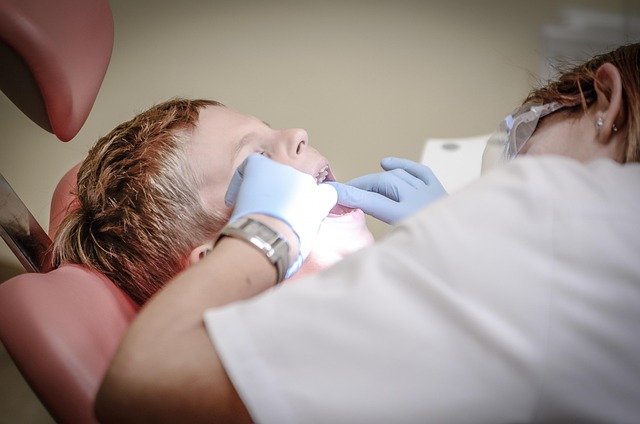Dental Implants Through Medicare: Complete Guide
In Australia, accessing dental implants via Medicare is possible under specific conditions. This complete guide outlines clinical requirements, the referral process, average out-of-pocket costs, and what steps to take if funding is denied. Understand your rights and options clearly.

Dental implants represent a significant advancement in restorative dentistry, offering a permanent solution for missing teeth. For many Australians, especially seniors and those with limited financial resources, the cost of dental implants can be prohibitive. Medicare, Australia’s public health insurance system, provides limited coverage for dental services, making it essential to understand exactly when and how dental implants might be covered under this program.
Medicare Eligibility Requirements for Dental Implants
Medicare generally does not cover most dental procedures, including routine dental implants for cosmetic or standard tooth replacement. However, there are specific circumstances where Medicare benefits may apply. Medicare may provide coverage when dental implants are deemed medically necessary, typically in cases involving serious medical conditions, trauma, or certain congenital abnormalities.
To be eligible for Medicare coverage for dental implants, patients usually need to meet specific criteria. These may include having dental issues resulting from cancer treatment, jaw surgery necessitating dental reconstruction, or congenital conditions affecting oral function. Additionally, some patients with severe facial trauma from accidents may qualify for Medicare-supported dental implant procedures when the treatment is considered reconstructive rather than cosmetic.
Starting the Process with Your GP Referral
The journey toward Medicare-covered dental implants typically begins with your general practitioner. Your GP serves as the gateway to specialized care within the Medicare system. During your initial consultation, explain your dental issues comprehensively and discuss whether your condition might qualify for Medicare benefits.
If your GP determines that your case potentially meets Medicare criteria, they will provide a referral to an appropriate specialist, usually an oral surgeon or a maxillofacial specialist. This referral is crucial as Medicare typically requires specialist assessment before approving coverage for dental implant procedures. The specialist will evaluate your condition, determine medical necessity, and document why conventional dental solutions would be inadequate for your specific situation.
Common Additional Costs Not Covered by Medicare
Even when Medicare approves coverage for dental implants, patients should be prepared for significant out-of-pocket expenses. Medicare typically covers only a portion of the total cost, focusing on the surgical aspects rather than the complete restoration process.
Additional costs often include preparatory procedures such as bone grafting, which may be necessary to create sufficient jawbone structure to support implants. The dental implant components themselves—including the titanium post, abutment, and crown—may not be fully covered. Post-operative care, including follow-up visits and potential complications, might also incur extra charges. Many patients find that while Medicare might cover the surgical insertion of the implant, the prosthetic tooth and cosmetic aspects remain their financial responsibility.
Documents Needed for Medicare Approval
Securing Medicare approval for dental implants requires thorough documentation. First, you’ll need your GP’s referral letter detailing your medical condition and the necessity for dental implants. Your specialist will provide a comprehensive treatment plan explaining why dental implants are medically necessary rather than merely cosmetic or preferential.
Medical history documentation is essential, particularly records demonstrating how your condition affects your overall health, nutrition, or quality of life. If your need for implants stems from cancer treatment, trauma, or a congenital condition, medical records substantiating these circumstances are crucial. Diagnostic evidence, including X-rays, CT scans, or other imaging showing bone loss, facial structure issues, or other relevant anatomical concerns, strengthens your case for Medicare coverage.
What to Do If Not Covered by Medicare
When Medicare denies coverage for dental implants, several alternatives exist. The Department of Veterans’ Affairs may provide dental benefits for eligible veterans. State-based public dental services offer limited dental care, though waiting lists can be lengthy and implants are rarely covered.
Private health insurance with extensive dental coverage presents another option, though waiting periods typically apply for major dental work. Some dental practices offer payment plans allowing costs to be spread over time, making treatment more manageable financially. For those facing significant hardship, charitable dental organizations occasionally provide reduced-cost services for qualifying individuals.
Cost Comparison of Dental Implant Options
When Medicare coverage is unavailable or incomplete, understanding the full cost implications becomes essential for planning purposes. The following table outlines typical costs associated with different approaches to dental implants in Australia:
| Treatment Option | Provider Type | Estimated Cost Range |
|---|---|---|
| Single Dental Implant | Private Specialist | $3,000 - $6,500 |
| Full Arch Implants (All-on-4) | Private Specialist | $15,000 - $30,000 per arch |
| Implant-Supported Dentures | Private Dentist | $6,000 - $15,000 |
| Overseas Dental Tourism | International Clinics | $1,500 - $3,000 per implant |
| University Dental Schools | Teaching Institutions | $2,000 - $4,000 per implant |
Prices, rates, or cost estimates mentioned in this article are based on the latest available information but may change over time. Independent research is advised before making financial decisions.
Navigating the complex landscape of dental implant financing requires careful consideration of all options. While Medicare coverage for dental implants remains limited to specific medical circumstances, understanding the eligibility criteria, documentation requirements, and alternative funding sources can help patients make informed decisions about their dental health. For those who don’t qualify for Medicare coverage, exploring private insurance, payment plans, or public dental services may provide pathways to accessing this important restorative treatment.
This article is for informational purposes only and should not be considered medical advice. Please consult a qualified healthcare professional for personalized guidance and treatment.




